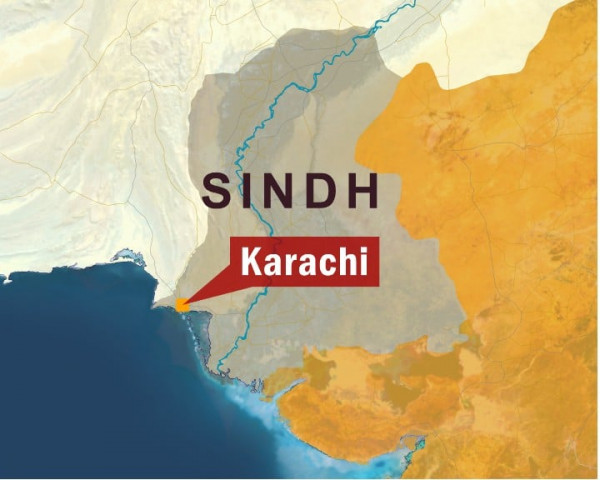Architects scoff at govt’s high density bill

Architects scoff at govt’s high density bill
“The bill gives discretionary powers to the board to establish high density zones in the entire province without any planning or prior consultation by professional experts or civil stakeholders,” complained Shahab Ghani, the president of Institute of Architects of Pakistan (IAP), at a press conference on Monday.
According to the IAP, a national representative body of architects, this bill is a complete negation of the recommendations made by them and the Pakistan Council of Architects and Town Planners (PCATP).
Ghani said that the creation of such boards without independent regulatory bodies will lack transparency
and are likely to be misused to grant undue favours to a few.
This legislation will give an institutional framework to the present and future governments to destroy the environment of Karachi and other cities of Sindh, leading to a complete breakdown of the urban infrastructure, Ghani predicted.
He suggested that in order to make the building and planning process more transparent, an independent authority, such as a planning and development board should be made comprising members from both the government and the private sector.
“There are 13 land owning agencies in the city and they all work independent of each other without any synchronisation,” he said.
Ghani was of the opinion that this body should comprise professional planners as well as representatives of civic bodies and all land owning agencies in order to facilitate coordination among them.
The head of the body should be the city administrator or Nazim so that he can monitor collectively, said the IAP president, adding that the government should also take on a board of consultants to seek advice on the technical aspects of planning.
IAP’s Yawar Jilani, who was a member of the Sindh government’s core committee for the bill, said that, three months ago, the government had reached a consensus with all the stakeholders, including political parties, professionals and citizen’s bodies on the content of the bill, but what came out on the pages was a completely different act.
“This senseless planning will increase travelling time in the city, resulting in water and electricity shortage and also worsen sewerage problems,” he said.
He added that the value of real estate, which is determined by the density of an area, will be also affected by this impromptu planning.
“While population explosion is an issue in Pakistan’s big cities, other cities in South Asia such as Mumbai, Delhi and Dhaka also have the same issues yet they have not resorted to such ad hoc planning,” he commented, adding that the primary function of government bodies like the Karachi Development Authority
or the current Karachi Building Control Authority is basically vigilance and not planning.
Highlighting the impact of the bill on other cities of the province, the architects
said that cities such as Hyderabad, Mirpurkhas and Sukkur have been built without any planning or infrastructure.
Jilani believed that Capital Development Authority in Islamabad should be taken as a role model in Sindh as it efficiently looks after constructions and development.
Published in the Express Tribune, June 8th, 2010.



















COMMENTS
Comments are moderated and generally will be posted if they are on-topic and not abusive.
For more information, please see our Comments FAQ